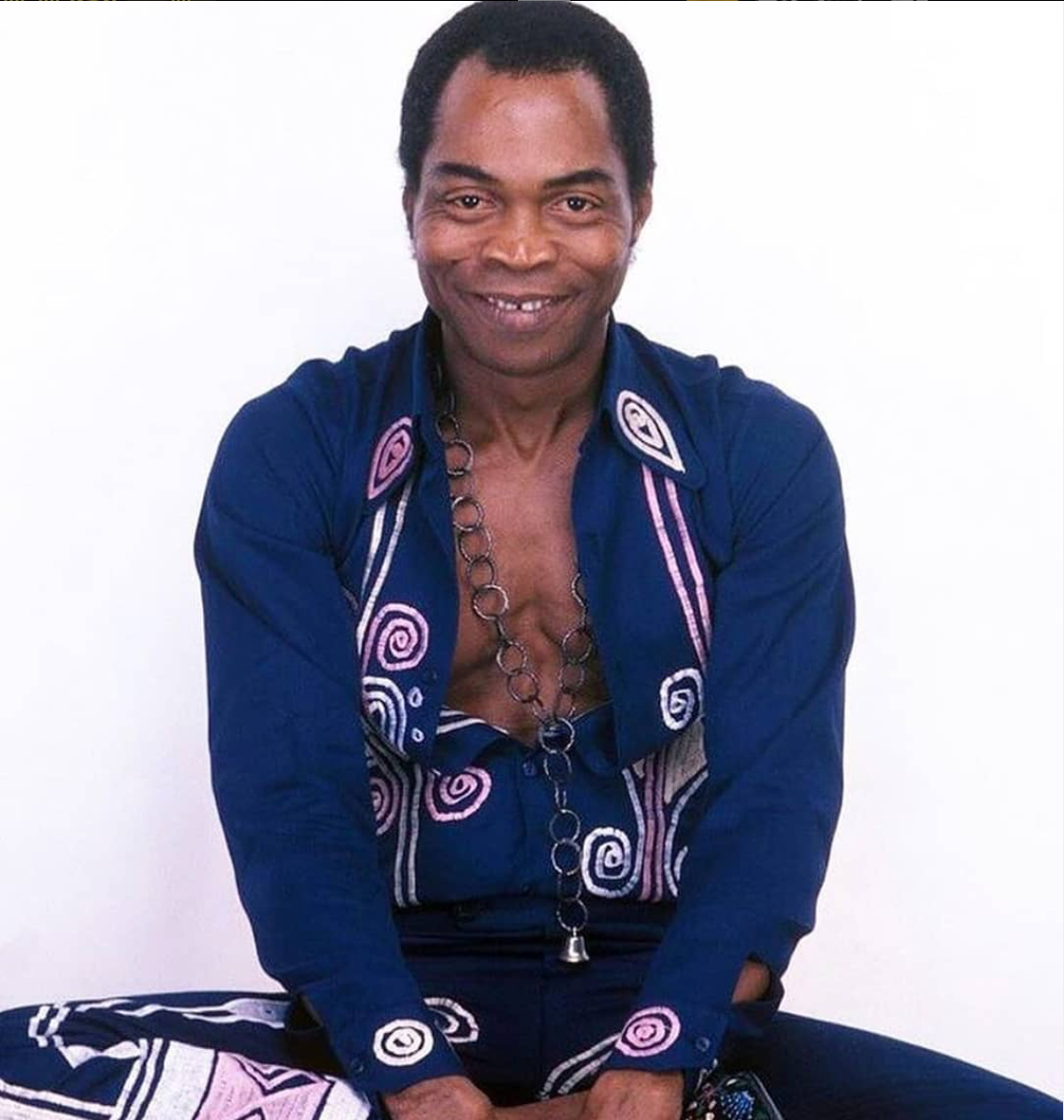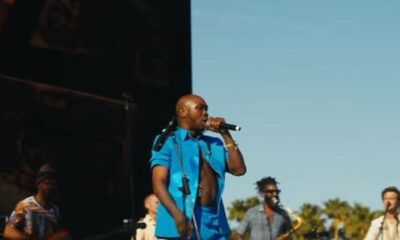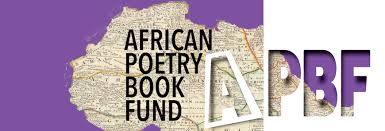Features
Ime Ekpo: This is Why Fela Should Be Inducted Into the Rock and Roll Hall of Fame

Many may wonder what the big deal is about a Nigerian artist being considered to be inducted into the Rock and Roll Hall of Fame. See, this is not just any artist, this is Fela. Due to the identity of the pioneers of Rock and Roll who were African-American men including Chuck Berry, Little Richard, and Fats Domino, the Afrobeat genre attracted a wide variety of audiences. This attraction leads to inspiration, as dwellers of the African continent encouraged mirroring inspirations betweens blacks across the coast. Moreover, the musical acts of Africa that hone authentic star power, became blueprints for Western-natured creatives. If there is any artist of African descent that fits this ability, it is Fela.
Fela Anikulapo-Kuti is a Nigerian icon who is renowned for his infectious, idiosyncratic melodies and composition of strident lyrics where he tackled the modern happenings of Nigeria including multinational capitalism, the adoption of European cultural values by bourgeois Africans, and the venality of Nigeria’s military rulers. A grand figure of Africa, Fela’s musical activism and traditionalized lifestyle positioned him into leadership. Anyone who is in favour of a collective of people to rise out of a state of oppression, the furious tunes of Fela may serve as an exceptional experience.
Fela’s compositions are not only renowned for their West African funky flair but for the unorthodox lyrics style – both melodically and content-wise. His tunes are bombarded with words and phrases of rebellion to a level Nigerians have never witnessed. Using a pan-Africanist approach, Fela was highly critical of Nigeria’s military government regime in his songs. The grand outreach of his songs from Black Man’s Cry to ITT (International Thief Thief) has touched the citizens of Nigeria, especially those who challenged the state of the nation.
Laced with brilliant rhythm sections featuring dexterous instrumentalists such as drummer Tony Allen, who is regarded as the pioneer of Afrobeat drumming due to his time with Fela and the Africa ‘70, electric bassist Maurice Ekpo, guitarist Peter Animasaun, tenor saxophonist Igo Chico. Along with the esteemed vocals of Fela were the first Afrobeat band, Fela and the Africa ‘70. Tony Allen’s time with Fela the Africa ‘70 band has deemed him to be a pioneer drummer in the Afrobeat way of music, as Allen’s sets contributed to the foundation of the infectious Afrobeat sound. Fela’s collective innovation opened a new lane in the world of West African music and ultimately challenged existing genres such as highlife and juju.
Afrobeat was a fusion of inspiration from several music genres that were dominated by black culture including jazz, funk, soul, and bits of West African styles including highlife and juju. It was an African manifestation of jazz that was purely an innovation of Fela, which Nigerians did not latch on to during its infancy.
Fela viewed art as a tool for political purposes. After the 1977 attack on his Kalakuta Republic residence, which was burned down by the Nigerian military after a confrontation with comrades of Fela, Fela went into a self-imposed exile to Ghana. He later affiliated himself with a grassroots political movement called the Young African Pioneers. The Young African Pioneers included aspiring politicians who were socialist in perspective. It was then Fela began to peg himself as the “Black President,” which ultimately sparked enthusiasm towards Fela possibly running for office.
Kalakuta Republic was a manifestation of Fela’s vision of a liberated African society. Located in Lagos, Kalakuta was a communal household that compassed Fela, his immediate family, along with musicians, DJs, artists, equipment managers, and dancers. It was structured as a traditional village, without force, in which Kuti’s position was automated as being chief-like. In an authoritarian style, Fela practiced the discipline of traditional fads. Due to its radical community aesthetic, Kalakuta became a dwelling place or rather, a getaway for Nigerian youth to find relief from their middle-class, Western-influenced households. The children of middle-class Nigerians were often found to be among the runway youths who fled to Kalakuta for peace, support, and ultimately leadership. As Fela’s songs became anthems for Nigeria’s corruption narrative, the artist was slowly mobilizing from a voice of the people into a figure for the liberation of Africa.
Fela’s music is the weapon of his leadership. He is currently in the running to be inducted into the 2021 Rock and Roll Hall of Fame. Funk icon, Bootsy Collins, cosigned the nomination of Kuti, which is in lieu of his historic 1971 visit to Nigeria to see Fela perform at the Shrine. Collins even deems Kuti as a general inspiration towards the African flair on some of his Parliament-Funkadelic records. In the early 1970s, Fela was an international phenomenon with musicians from all directions abroad seeking his musical companionship with rock artists in the likes of Ginger Baker and African American funk, jazz, soul composer, Roy Ayers, who both slated the Afrobeat icon for a collaboration album.
Despite his untimely death in 1997, Fela’s tunes continued to remain unique in the frame of African music and Fela became an exclusive figurine. His recognition was amplified when his story was embraced by the theater in a Broadway musical titled FELA! The musical was produced by Shawn “Jay-Z” Carter and Will and Jada Pinkett-Smith and ran on Broadway for fifteen months. FELA! received eleven Tony Awards nominations and three Tony Awards – Best Choreography, Best Costume Design for a Musical, and Best Sound Design of a Musical.
Fela is respectively both a leader and a class act musician. Today, he is regarded as one of Nigeria’s most heralded musicians and thought leaders. His school of thought has transcended generations, from his own sons, whom two are globally renowned Afrobeat musicians, Femi and Seun Kuti to activist Omoyele Sowere. The call of a liberated Nigeria hones no limitation and the activism in Fela’s music is here to stay. Often aligned with Nigeria’s most iconic figures including Chinua Achebe, Wole Soyinka, and Ken Saro-Wiwa, the manifestations of Fela have provoked an unyielding sense of pride in the African man and woman and deserves to be recognized by a genre whose foundation is based on the genius of the black man.
***

















